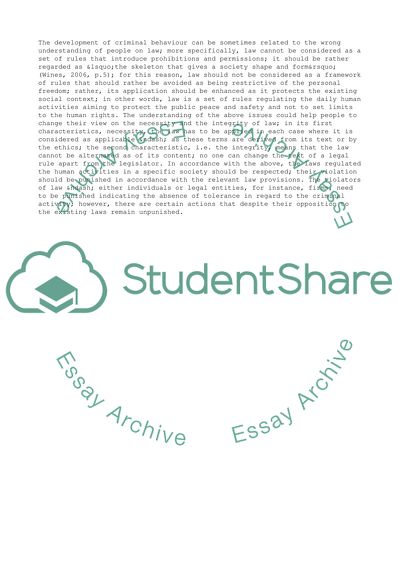Cite this document
(The Development of an Effective Framework and the Violation of the Research Paper, n.d.)
The Development of an Effective Framework and the Violation of the Research Paper. Retrieved from https://studentshare.org/business/1737995-business-law-and-ethics
The Development of an Effective Framework and the Violation of the Research Paper. Retrieved from https://studentshare.org/business/1737995-business-law-and-ethics
(The Development of an Effective Framework and the Violation of the Research Paper)
The Development of an Effective Framework and the Violation of the Research Paper. https://studentshare.org/business/1737995-business-law-and-ethics.
The Development of an Effective Framework and the Violation of the Research Paper. https://studentshare.org/business/1737995-business-law-and-ethics.
“The Development of an Effective Framework and the Violation of the Research Paper”, n.d. https://studentshare.org/business/1737995-business-law-and-ethics.


